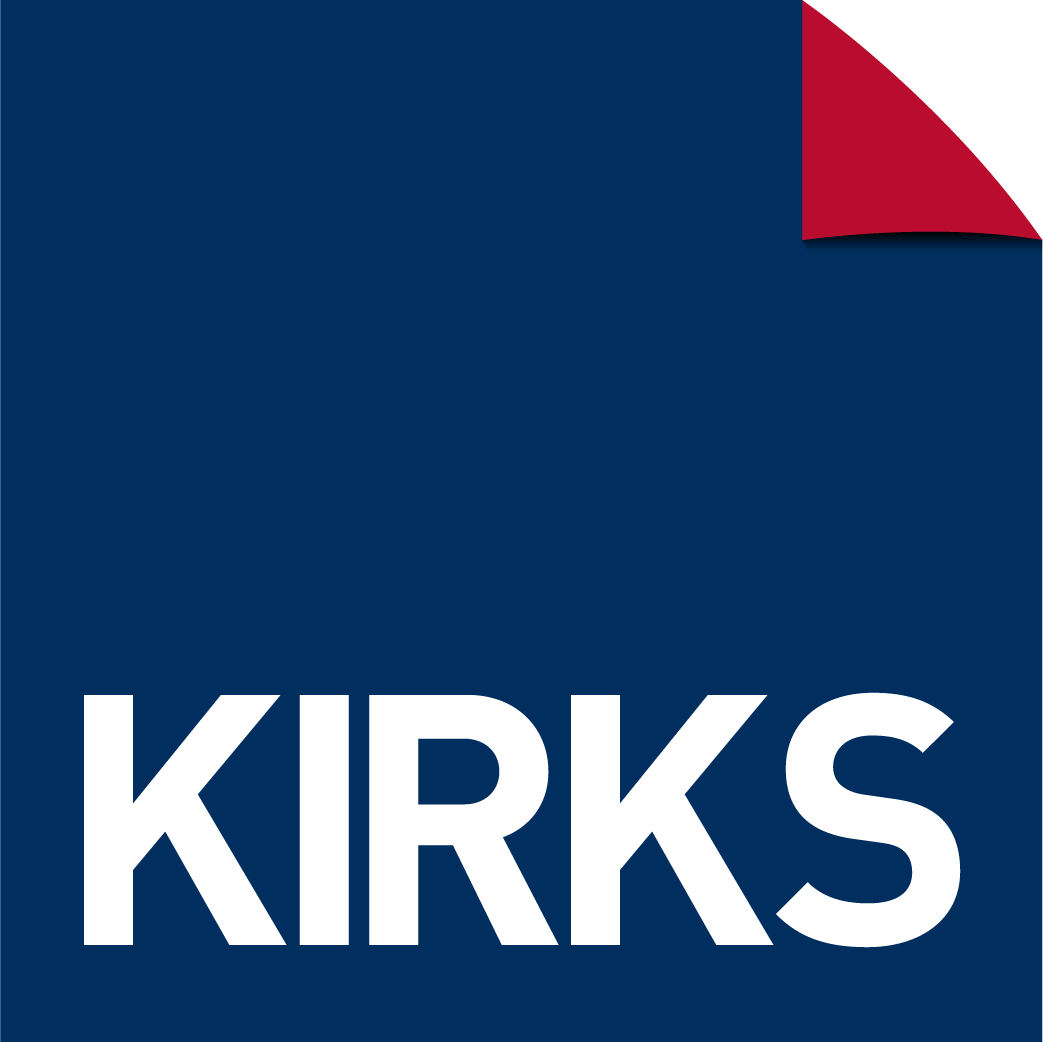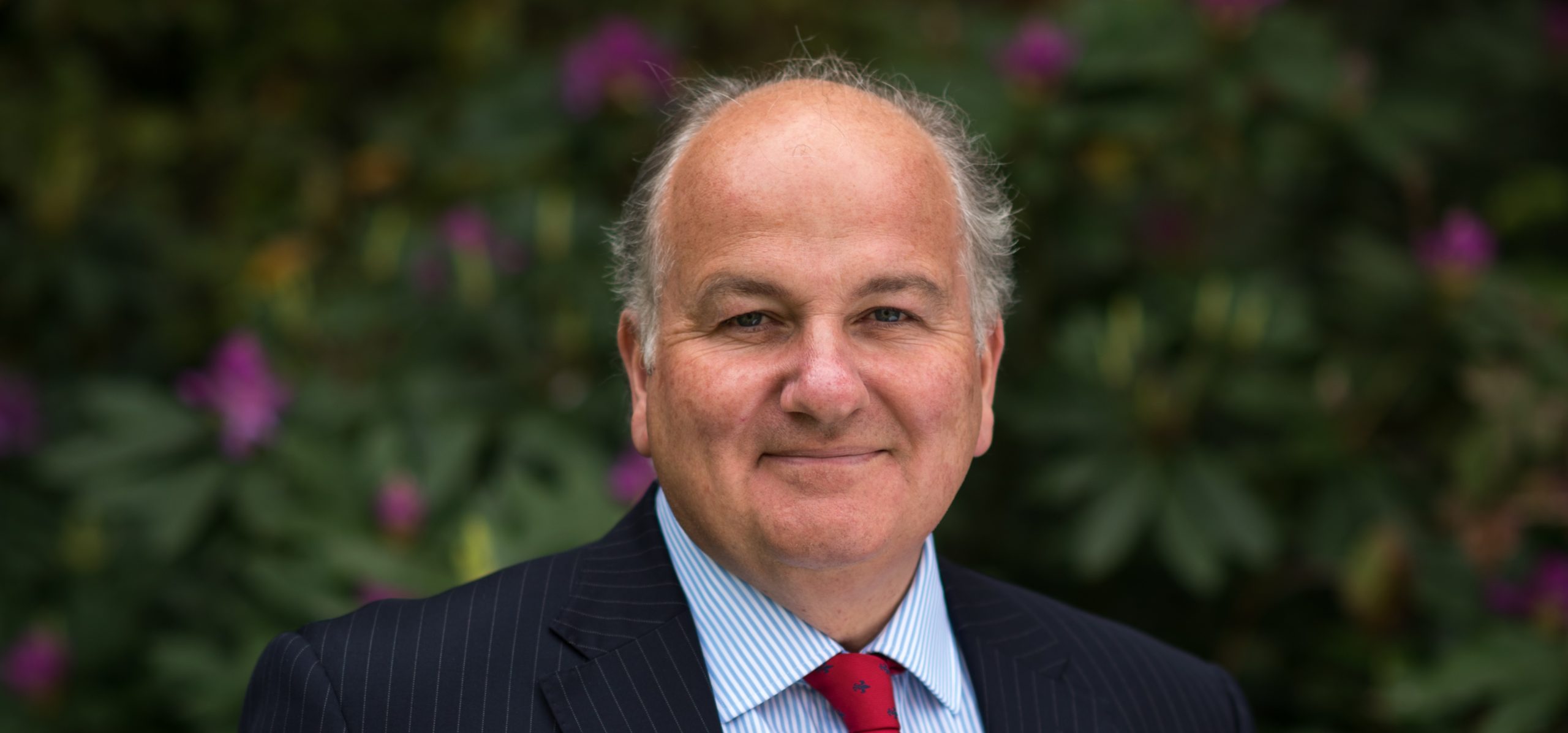What Happens When a Charity is Insolvent?
The Quick Answer The charity Trustees or Directors need to take immediate action to make sure the financial situation does not get any worse. The legal definition of insolvent means a) either the charity’s liabilities exceed its assets or b) it is unable to pay it’s debts as they fall due. This may mean:a. Liquidation […]
Are Insolvency Practitioners Regulated?
The quick answer Yes, they are. Licenced Insolvency Practitioners are regulated by one of three professional bodies. In more detail Licenced Insolvency Practitioners will be regulated by one of the following bodies: • The Institute of Chartered Accountants in England and Wales (“ICAEW”). • The Insolvency Practitioners Association (“IPA”). • The Insolvency Service. You can […]
Are Insolvency Payments Taxable?
The quick answer The usual answer is yes, but I am assuming that ‘payment’ means a payment out to you and therefore you are receiving the money. There are two types of payment paid out of a liquidation. The first type is to shareholders for share capital plus profits and the second is repayment of […]
How Long Does Insolvency Last?
The quick answer It depends on what type of insolvency procedure you are in but usually, the insolvency lasts about one year. In more detail Insolvency is split into company insolvency (sometimes called corporate insolvency) and personal insolvency. Company A company insolvency can be a liquidation, Administration or a Company Voluntary Arrangement (“CVA”). A liquidation […]
What is an Insolvency Practitioner?
The Quick Answer A Licensed Insolvency Practitioner is a qualified professional who has an insolvency licence. Insolvency and dealing with businesses and individuals with debt is a regulated profession. You can not do this work without having passed an exam, being the member of a professional body and having an insolvency licence. The answer in […]
How To Know If Your Business Is Insolvent?
The quick answer There are two legal definitions of insolvency; the first is being unable to pay your debts as they fall due and the second is your liabilities exceeding your assets. If your business doesn’t have the money or assets to pay the liabilities it owes, the company is classed as insolvent. In more detail In […]
Insolvent Trading – What can happen to my Business?
The quick answer If your business is insolvent you risk being pushed into liquidation (for a company) or bankruptcy (sole trader or partners). This means your business is forced to close, all staff are made redundant and the assets will be sold to pay the business creditors. If you are trading whilst insolvent, you may […]
Is Insolvency A Breach Of Contract?
The quick answer In most cases, yes it normally is. However, for insolvency to be a breach of contact it does depend on what is actually written in any contract between the insolvent company and the customer. For example, sometimes the terms of a contract state liquidation is a breach of contract but Administration is […]
How Can I Stop My Business From Becoming Insolvent?
The quick answer The best way to stop your business from becoming insolvent is to take advice from a Licensed Insolvency Practitioner (“IP”) like us earlier rather than later. The facts an IP will need to know in order to help you are: What do you owe to creditors, the bank, HM Revenue and Customs. […]
What Is Receivership?
The quick answer Receivership is where a bank or lender appoints an Administrative Receiver who must be a Licensed Insolvency Practitioner. This can only happen on a debenture created before the 15th September 2003. After that date they must appoint an Administrator. You may also be thinking of an LPA Receiver. This is someone appointed […]


